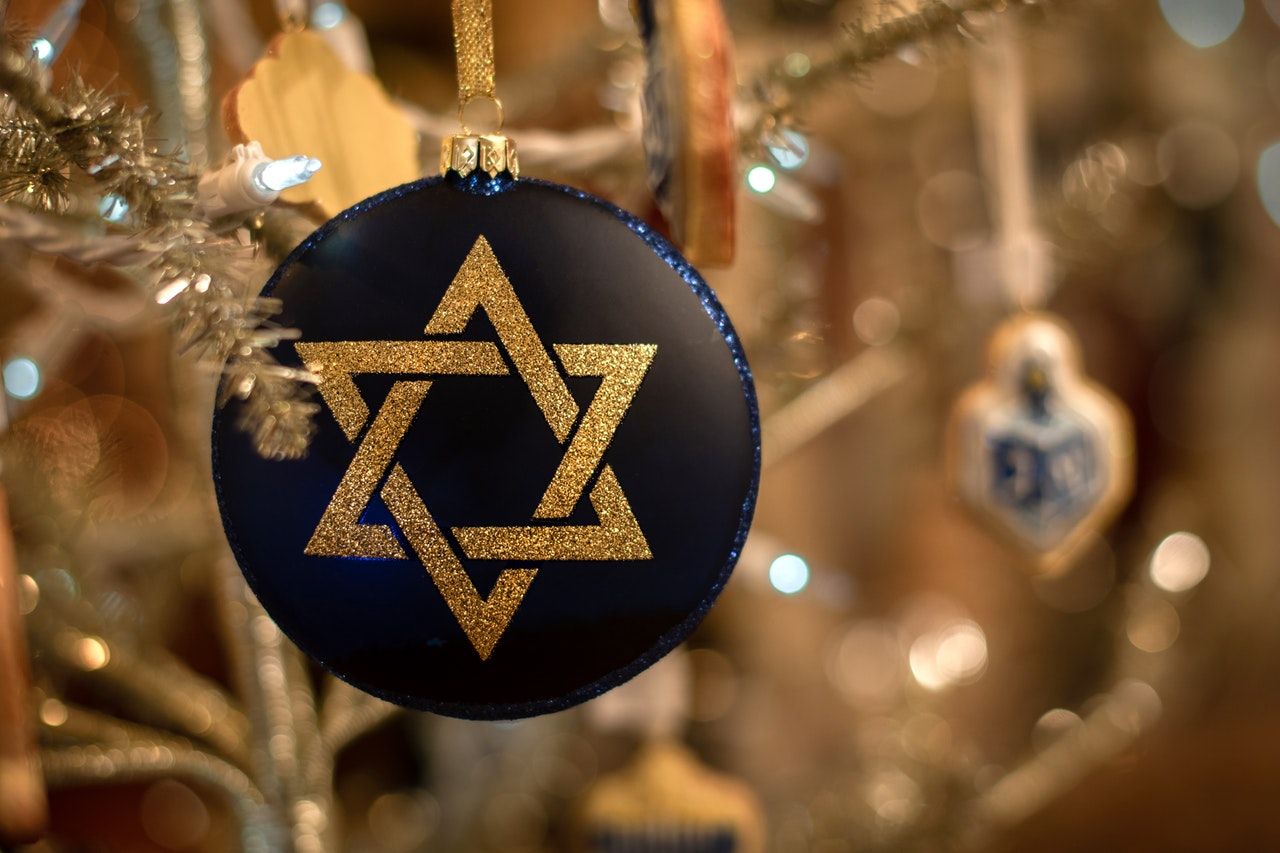How Jewish Households Balance Cannabis and the Festival of Lights
Jewish communities approach cannabis during Hanukkah through a wide range of religious, cultural, and personal lenses, reflecting the broader diversity of contemporary Judaism.
Why Cannabis Is Trending Among Young Jewish Consumers
A growing number of younger Jewish consumers are introducing cannabis into their Hanukkah celebrations, creating a cultural shift affectionately dubbed “Green Hanukkah.”
Lighting the Night: How Cannabis Is Joining Modern Hanukkah Traditions
Cannabis has slowly begun making its way into many cultural and seasonal traditions, and Hanukkah is no exception.
The Role of Oil in Hanukkah and Cannabis: Symbolism and Cultural Significance
Oil holds a profound significance in Jewish culture, especially during the celebration of Hanukkah.

